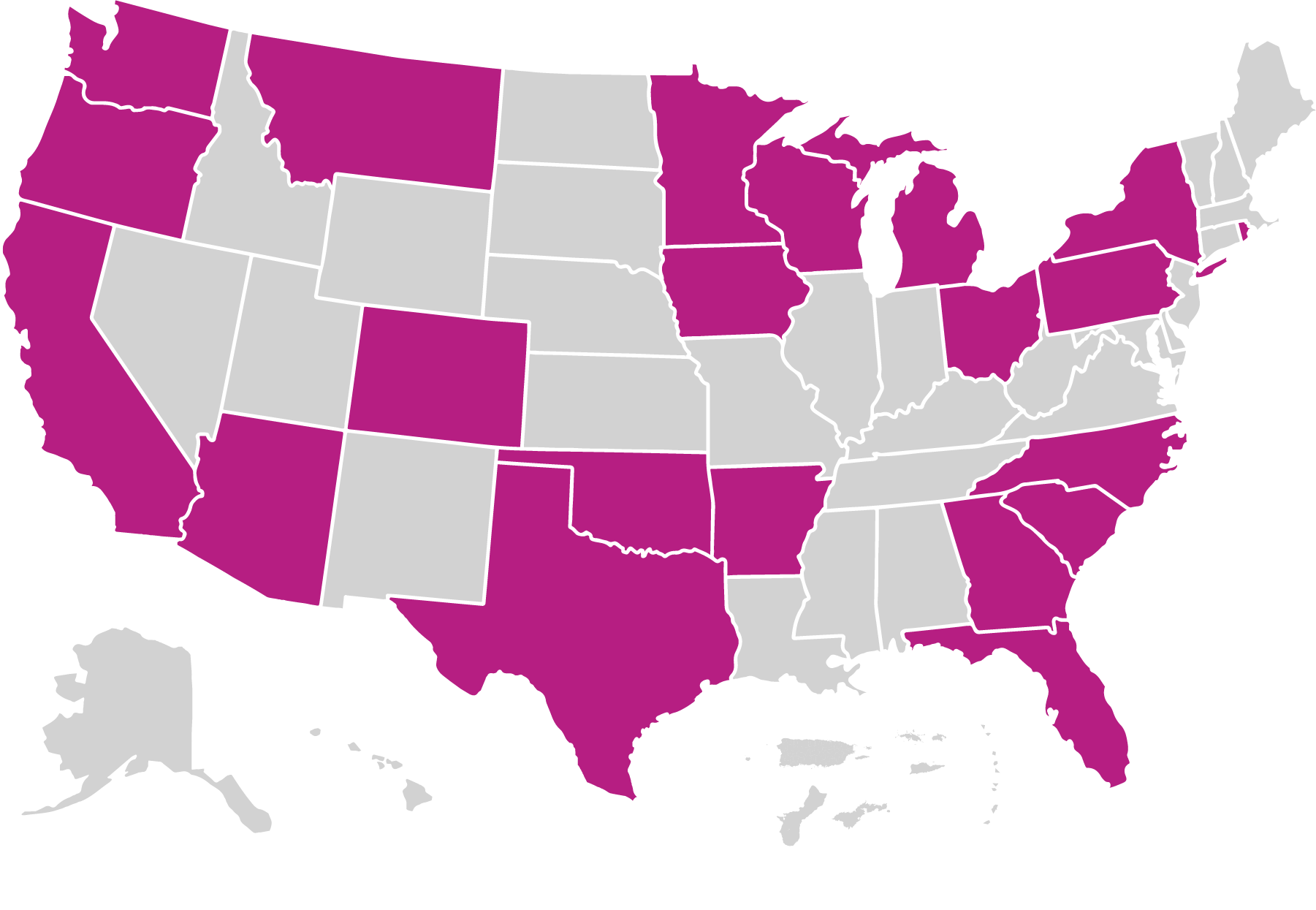SafeCare/SafeCare Augmented
SafeCare/SafeCare Augmented (SafeCare) is designed to improve positive parenting skills so that all parents can provide a nurturing, safe, and healthy home environment for children. The curriculum focuses on three key areas—positive parent-child interaction, child health, and home safety—and aims to prevent child neglect and physical abuse.
What is the model’s approach to providing home visiting services?
SafeCare is delivered across 18 weekly home visits, which typically last 60 minutes each. SafeCare can be delivered to any family with a child between the ages of birth and 5 years old, with no other inclusion or exclusion family characteristics necessary for enrollment.
Who is implementing the model?
Home Visitors
SafeCare was implemented by 519 providers at accredited agencies in 2022. The model does not require specific educational degrees or majors for providers but recommends a bachelor’s degree and some experience in human services or child development. Provider caseload limits are determined by local programs.
Supervisors
SafeCare Coaches complete a certification process, which includes becoming a certified SafeCare Provider and additional training and certification focused on fidelity monitoring and supportive coaching. A half-day training is available for supervisors and/ or administrators who do not deliver the SafeCare program to families, but need more detailed information about the curriculum to effectively support implementation.
Where is the model implemented?
SafeCare operated in 96 local agencies across 21 states in 2022. SafeCare also operated outside the United States and its territories in Australia, Canada, Haiti, Israel, Japan, Kenya, New Zealand, Spain, Taiwan, and the United Kingdom in 2022.

Families Served Through Evidence-Based Home Visiting in 2022
Race
5% American Indian Alaska Native
<1% Asian
19% Black
<1% Native Hawaiian Pacific Islander
68% White
4% Multiple
4% Another race
Ethnicity
33% Hispanic or Latino
67% Not Hispanic or Latino
Primary language
87% English
13% Spanish
<1% Another language
